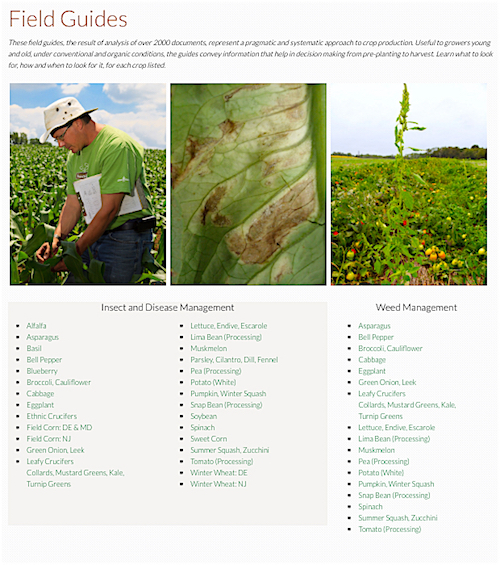The New Jersey Department of Agiculture Administration and Staff have moved from their previous office building to a new location.
In the event anyone needs to drop off samples for testing or visit the NJDA for any reason, please be advised of this change of location.
The new building address for the NJDA office is: 200 Riverview Plaza, 3rd Floor, Trenton, NJ, 08611
The mailing address remains: PO Box 330, Trenton, NJ, 08625
For more information see the NJDA website.
 Articles in this section contain information helpful to the NJ commercial organic grower.
Articles in this section contain information helpful to the NJ commercial organic grower.

